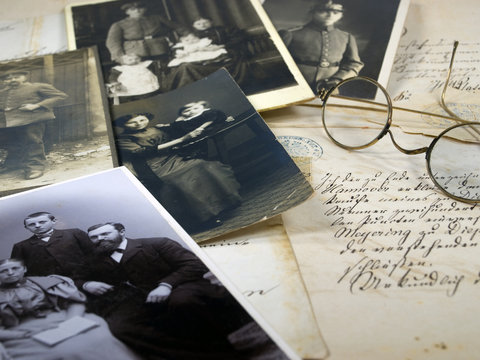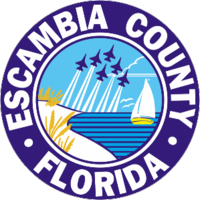
What Are Genealogy Records?
Genealogy records are a treasure trove of information about our family histories. These important documents contain details about our ancestors, their lives, and the connections that link us to them. Whether you’re interested in tracing your family tree or just want to learn more about your roots, genealogical records can provide you with fascinating insights into your past.
Genealogy records are especially important for those looking to reconnect with long-lost relatives or fill gaps in their family history. They allow us to piece together the puzzle of our ancestry and gain a deeper understanding of ourselves and our place in the world. So if you’re curious about your family’s past, start exploring genealogical records today – you never know what hidden treasures you might uncover!
Types of Genealogy Records
Genealogy is the study of family history, and many types of genealogy records can help you trace your ancestors. These valuable records come in many forms, from birth certificates and marriage licenses to census data and immigration records. By studying these documents, we can discover where our families came from, what they did for a living, and even how they died.
Birth certificates provide information about a person’s date of birth, place of birth, parent’s names, and sometimes even their occupation. Marriage licenses contain details about the bride and groom, such as their names, ages, occupations, and marital status at the time of the wedding. Death certificates record the date and cause of a person’s death, as well as other important facts like their age and where they were living when they died.
Census records are another valuable source of genealogical information. Every ten years, the United States government conducts a nationwide census to gather data on the population. Census records can tell you who was living in a household at a particular point in time, along with their age, gender, occupation, and relationship to the head of household.
Military records can be particularly useful if you’re trying to learn more about an ancestor who served in the armed forces. These gems can offer up juicy details like when they enlisted, what rank they held, which unit they were a part of, and any medals or honors they received during their service.
Together, these types of records can paint a fascinating picture of your ancestors’ lives – giving you insights into where they came from, what they did, and maybe even why they did it. So if you’re ready to start digging deep into your family history, grab those records and get ready for some exciting discoveries!
What Is the Difference Between Genealogy and Ancestry?
Are you curious about your family history? You might have heard the terms “genealogy” and “ancestry” used interchangeably, but they refer to two different things.
Genealogy is the study of family lineage and relationships through historical records and other sources. It involves tracing a person’s ancestry back several generations, often focusing on specific individuals or families. Genealogists use genealogy records to build a comprehensive picture of someone’s family tree.
On the other hand, ancestry refers more broadly to a person’s ethnic background and cultural heritage. Ancestry DNA tests are popular for this reason – by analyzing a sample of saliva or blood, these tests can identify an individual’s genetic makeup and pinpoint where their ancestors likely came from.
While both genealogy and ancestry provide insight into family history, they focus on different aspects of it. Genealogy dives deep into the details of specific lineages and helps connect people with their ancestors in a tangible way. Ancestry, meanwhile, provides a broader understanding of one’s genetic makeup and cultural roots.
Whether you’re interested in learning about your great-great-grandparents or simply want to explore your ethnic background, both genealogy and ancestry can help you.





